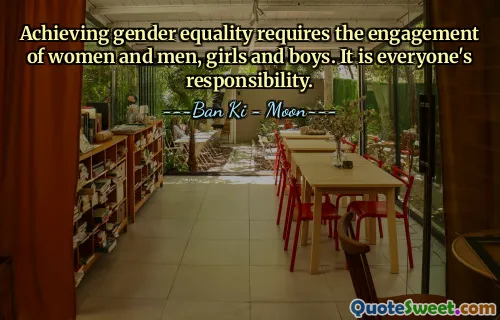Ban Ki-moon, the former Secretary-General of the United Nations, played a crucial role in elevating the organization's global influence. During his tenure from 2007 to 2016, he focused on addressing pressing issues such as climate change, sustainable development, and international security. His leadership style emphasized diplomacy and multilateralism, seeking to foster collaboration among member states to tackle global challenges. Under Ban's guidance, the UN worked towards the establishment of the Sustainable Development Goals, a universal call to action that aimed to end poverty and promote prosperity while protecting the planet. His efforts in climate diplomacy, particularly the Paris Agreement, were significant in mobilizing countries to commit to environmental initiatives and reduce carbon emissions. After leaving office, Ban Ki-moon continued to advocate for global issues, serving in various capacities, including with the Global Green Growth Institute and the UN Secretary-General's High-Level Panel on Peace Operations. His legacy is marked by a strong commitment to multilateral cooperation and sustainable development.
Ban Ki-moon, born on June 13, 1944, in Korea, is a distinguished diplomat who served as the eighth Secretary-General of the United Nations. His extensive career in international politics has contributed significantly to global peace and development efforts.
As Secretary-General, he exemplified leadership in the face of complex global challenges, promoting initiatives that led to transformative changes in international relations and sustainable practices.
Following his UN tenure, Ban Ki-moon has remained actively engaged in humanitarian and environmental advocacy, demonstrating his lifelong dedication to improving the world through cooperation and responsibility.
More »
Today Birthdays
1955 -
Max Lucado
1946 -
John Piper
1842 -
William James
1907 -
Abraham Joshua Heschel
1887 -
Aldo Leopold
1755 -
Alexander Hamilton
1976 -
Alethea Kontis
1971 -
Mary J. Blige
1825 -
Bayard Taylor
1943 -
Jim Hightower
1885 -
Alice Paul
1923 -
Carroll Shelby
1928 -
David L. Wolper
1954 -
Kailash Satyarthi
1972 -
Amanda Peet
1946 -
Naomi Judd
1970 -
Malcolm D. Lee
1955 -
Christian Marclay
1973 -
Rahul Dravid
1987 -
Jamie Vardy
1942 -
Clarence Clemons
1992 -
Fatima Sana Shaikh
1948 -
Larry Harvey
1930 -
Rod Taylor
